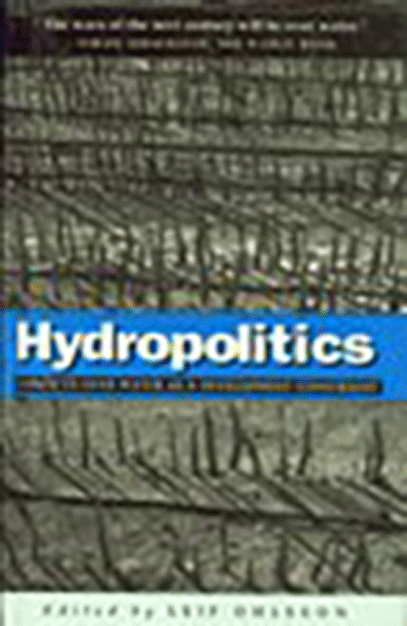
- Shop
- Hydropolitics: Conflicts over Water as a Development Constraint
Hydropolitics: Conflicts over Water as a Development Constraint
https://uplbooks.com/shop/9840513044-hydropolitics-conflicts-over-water-as-a-development-constraint-6379 https://uplbooks.com/web/image/product.template/6379/image_1920?unique=3d813f3
| Language: English |
Tags :
Book Info
Some two dozen countries are already classified as water-scarce, and these areas are as diverse as Israel, southern California and even the Netherlands. So it is not a problem confined to the South. Already, as this book shows, fresh-water shortages are becoming a major cause of conflict both domestically and between states. In the future, the growing world population, further spread of irrigated agriculture and industrialization will all make increasing demands on scarce water resources. Conflict resolution capabilities in many parts of the world will be sorely stretched. Written by scholars from a wide range of disciplines-- hydrology, international relations, development studies, conflict resolution and anthropology, this book addresses two major themes: water availability as a constraint on development and water scarcity as a source of international conflict. As well as a major overview of the global situation and problems involved, there are authoritative case studies of particular river systems in three continents, including the Nile valley the Tigris and Euphrates, the River Jordan, the Mekong and several cases from South Asia. In a concluding chapter, the internationally renowned water experts Malin Falkenmark and Jan Lundqvist argue for the development of wholly new ways of conceptualizing the problems of freshwater scarcity, as well as for new ethical assumptions and innovative strategies relating to water management in the future.

Leif Ohlsson
Leif Ohlsson teaches International Relations and Development Studies at Gutenborg University, Sweden. His main research interest is the international management processes of global environmental problems, and he has edited several in-house volumes of case studies of regional conflicts and conflict-resolution processes.

লাইফ ওহলস্সং
Leif Ohlsson teaches International Relations and Development Studies at Gutenborg University, Sweden. His main research interest is the international management processes of global environmental problems, and he has edited several in-house volumes of case studies of regional conflicts and conflict-resolution processes.


